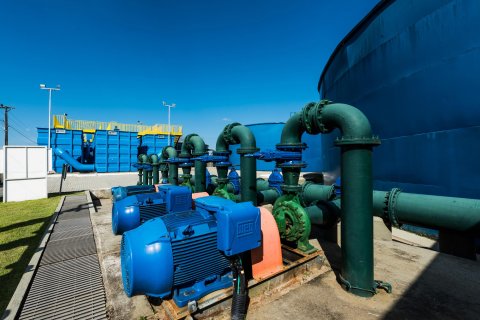Pedro Castro e Silva said that existing banks in the market respond to demand and "the day the supply is greater than the demand for banking services, then the market will adjust".
The banking system currently has 25 authorized banks.
Regarding the increase in the number of banks required to set up a reserve to avoid systemic risks, from eight to 11, Pedro Castro e Silva said that the measure derives from best practices worldwide.
According to the deputy governor of the central bank, in all banking systems there are banks with a greater weight of deposits and it is necessary to supervise risks.
"A bank that holds 25 percent of deposits deserves more attention than a bank that has 0.5 percent of deposits, because we have more people, more companies, exposed to these banks", he highlighted.
Pedro Castro e Silva said that these systemic banks could create problems for the entire banking system if they were no longer viable.
"The way that the regulator and banks find to prepare institutions to withstand risks is by increasing capital, which is why there is a certain percentage of capital that has to be constituted only by such systemic banks", he stressed.
The 11 banks will have to create, between January and June of next year, this additional capital reserve, the amounts of which depend on the institutions to which they are invested.







